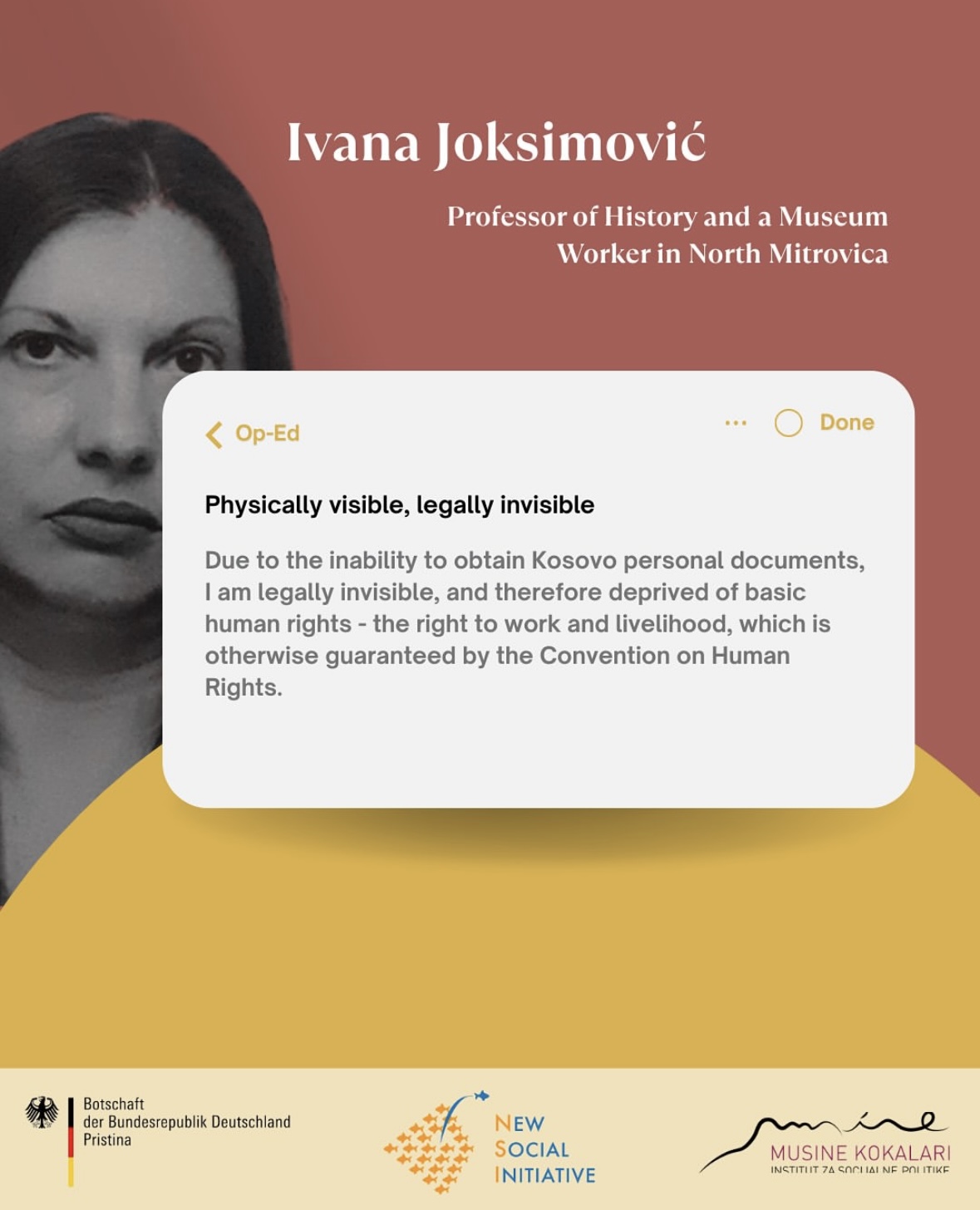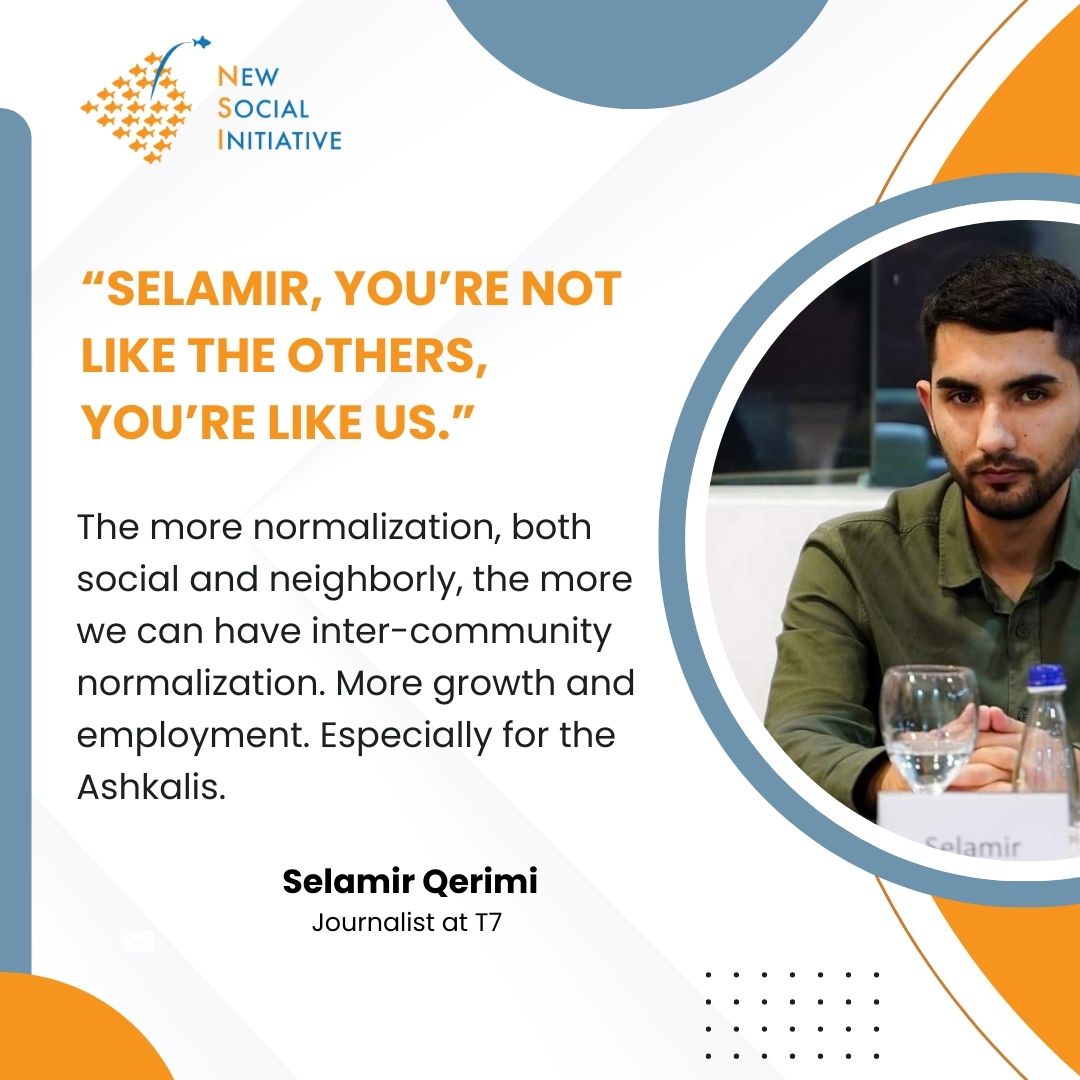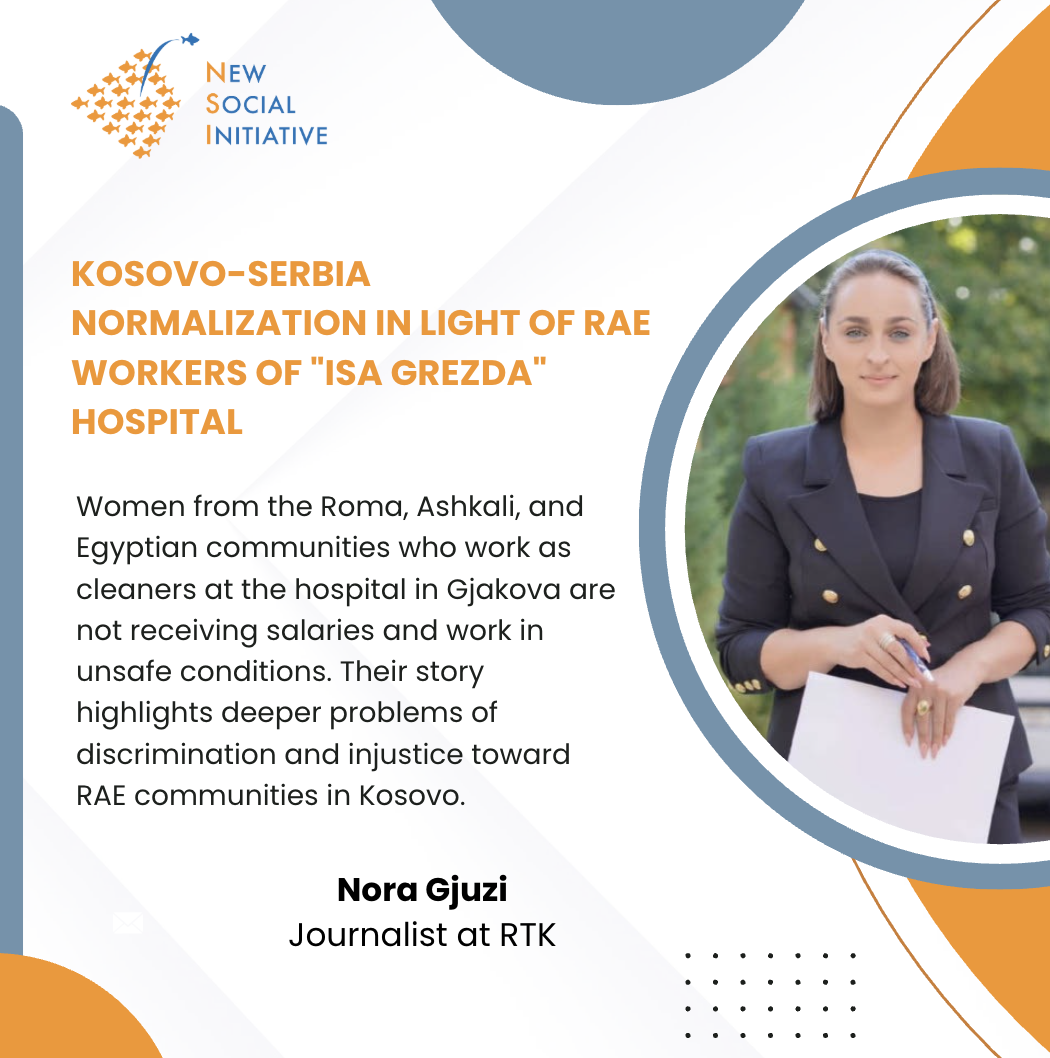The whole world has been talking and writing for months about the consequences of the COVID-19 pandemic on the world, on the economy, social dynamics and in general on our way of living. Unlike most other spheres of life, the consequences of the coronavirus on the political life of Serbia are already being strongly felt. The reason is that the virus came to Serbia in the election year and the state of emergency postponed the previously scheduled election for April 26, right at the beginning of the election campaign.
As provided by the legal framework, the election activities will continue immediately after the state of emergency is lifted, which happened on May 6, this year, by which the election is in fact scheduled for June 21. The decision on the early lifting of the state of emergency, made by the only decision-maker in Serbia, Aleksandar Vučić, was undoubtedly considered in relation to the current political context and how the elections fits his agenda. Namely, the economic consequences of the virus are yet to hit Serbia and their impact in June and July would probably still be mild. On the other hand, the opposition, which has already declared a boycott of the planned April election, would now, more than in following months, be under pressure to change its decision and run for election, which would suit Vučić extremely well. Because of all that, there are many comments that the decision to lift the state of emergency was made too early, especially having in mind the irresponsible reaction of the citizens after the lifting.
The end of the epidemic is declared when we register zero new cases for 28 days in a row, which means that the epidemic will most likely still last at the time of the election. It would be ambitious to predict how much this would affect the turnout, especially given the ruling regime’s power to control the narrative in the public (in this case the danger of an epidemic), but it is rational to expect the epidemic to further reduce the turnout in addition to a boycott campaign urging people to stay home. However, one of the already visible political consequences of the virus is a great pressure on the opposition to reconsider the decision about the boycott. That pressure comes from both the party membership and the citizens. Towards the end of the state of emergency, the frustration and anger of the citizens culminated and they are blaming the governing regime for the poor management of the crisis and especially for mocking the virus at the beginning of the crisis.
The “balcony protests” woke up the opposition public spirits again, like the big protests which were held from the winter of 2018 to the spring of 2019. All this added pressure on the opposition to reconsider running for election. Almost all of the opposition parties accepted that the pandemic changed the reality and they’ve started to reconsider their decision. However, so far only one opposition organization has changed its decision about the boycott, the Free Citizens’ Movement (PSG). That created a rift in the boycott, and now the key unknown is how much PSG will manage to monetize the accumulated anger of the citizens and how much it will lose because part of the citizens will consider them traitors of the boycott. What is evident is that PSG “hedged” its decision, because, before the pandemic, it declared boycott together with the entire opposition. This gives them a certain moral and political high ground to change their decision due to tectonic disturbance on a global level.
Of course, regardless of the decisions of the opposition, the outcome of the election has been known for a long time. The Serbian Progressive Party will win an absolute majority of votes and very likely a two-thirds majority in the parliament on its own. If not, then they will surely have a two-thirds majority with their coalition partners, which enables them to change the Constitution and, in general, gives them carte blanche to do whatever they want with Serbia because power has already accumulated in a single center, i.e. in one man – Aleksandar Vučić.
There are, however, two unknowns regarding the election: the first is how many lists will pass the threshold, i.e. how many quasi-opposition lists will be pushed by Vučić’s machinery over the threshold which has already been reduced from 5% to 3% in the election year; and the second is how much percent of votes PSG will win, but I think there is no doubt that they will cross the low threshold of 3%, especially considering the expected lower turnout. In any case, the opposition in the next convocation of the parliament will probably not have more than 10% of deputies.
I expect the effects of the boycott to impact Serbian politics after the election, much more than during the campaign and the election day itself. Namely, in addition to the reduced turnout, I believe that it is much more important to the boycotting opposition to activate people who boycott out of revolt against the regime and to actively challenge the election in the time that follows (protests, civil disobedience, etc). Lower turnout cannot completely challenge the legitimacy of Vučić’s power, especially since he has the broad support of the international community as long as he is ready to resolve the Kosovo issue in a way that suits them.
Negotiations between Belgrade and Pristina
Therefore, the issue of Kosovo remains a pillar of Vučić’s power, and as far as that is the case, the position of Serbia is not going to change, that is, he will remain open for an agreement. The near political future in Serbia guarantees that Serbia will be ready to complete the negotiation process in the next 6 to 12 months and that Vučić will have the power and legitimacy to sign the agreement with Kosovo on behalf of Serbia, as well as to implement it after that. The agreement will certainly require a change in the Constitution as the most difficult part, and he will remain potent to implement that. Whether the dialogue will continue under the auspices of the EU, or everyone will stop pretending and rush to Washington immediately after the formation of governments in Serbia and Kosovo to sign the agreement is another question and depends on the dynamics between Europe and the USA.
However, I claim that it is in Vučić’s interest to sign the agreement as soon as possible, that is, immediately after the election in Serbia and the political stabilization in Kosovo (if the situation stabilizes at all). Autumn brings new uncertainties that can easily disrupt plans, and that is primarily the election in the United States, but also the impending post-COVID economic crisis that will hit Serbia after the summer. Both dangers can, potentially, shake his legitimacy, both external and internal, much more than the boycott can. The Serbian economy is dependent on the economies of Germany and Italy, and in addition to its own weakness, it will be affected by the weakness of key economic partners. In addition, the Serbian economy has a high percentage of dependence on diaspora remittances, as well as on seasonal work, for example in the tourism of Croatia and Montenegro.










